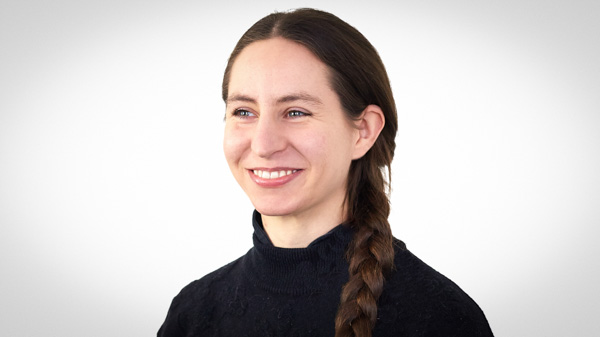Unsere vernetzte Welt verstehen

Yochai Benkler – Freedom, Power, Practical Anarchism. Und ein Interview.
Yochai Benkler war als Sprecher des WZB Berlin Colloquium »Rethinking Law in a Global Context: Private Ordering and Public Authority» am 11. Juni 2013 zu Gast und hat seinen Artikel ‘Practical Anarchism: Peer Mutualism, Market Power, and the Fallible State’ diskutiert.
Im Anschluss an den Vortrag hatte ich die Gelegenheit, ein Interview mit Professor Benkler zu führen. Angesprochen wurden aktuelle Entwicklungen im Bereich Internet und Gesellschaft, Bedingungen für ‚commons-based peer production‘, Egoismus und das Potenzial zur Zusammenarbeit im wissenschaftlichen Bereich sowie die Frage, ob Offenheit in der Wissenschaft zu einem neuen Freiheitsgrad beiträgt.
Yochai Benkler was the speaker of the WZB Berlin Colloquium „Rethinking Law in a Global Context: Private Ordering and Public Authority“ on 11 June 2013. Professor Benkler discussed his recent paper “Practical Anarchism: Peer Mutualism, Market Power, and the Fallible State”.
Based on several examples of working anarchies in the networked environment Benkler argued that peer mutualism works in certain contexts. Even though it is not perfect, it provides people with a new degree of freedom.
As individuals inhabiting a world of interlocked imperfect systems, we are susceptible to power shaping our perceptions, preferences, policies and principles as well as our actions, outcomes and configurations. Peer mutualism offers us a new way to bob and weave between those systems.
The core questions are how much of what people care about can be done in non-market, non-proprietary, non-governmental models? Do peer mutualism models offer enough of a solution space? And how corruptible are these nonhierarchical and noncoercive models?
I had the chance to interview Yochai Benkler after the Colloquium. I asked him about current developments centered on issues related to internet and society, what conditions are needed for commons-based peer production to flourish, how the discussion of selfishness versus human capabilities to cooperate translate into the realm of science and whether openness in science provides us with a new degree of freedom.
You can watch the interview below or listen to the audio version (mp3).
* This note draws on Benkler’s paper mentioned above as well as on the discussion during the Berlin Colloquium.
Dieser Beitrag spiegelt die Meinung der Autor*innen und weder notwendigerweise noch ausschließlich die Meinung des Institutes wider. Für mehr Informationen zu den Inhalten dieser Beiträge und den assoziierten Forschungsprojekten kontaktieren Sie bitte info@hiig.de

Jetzt anmelden und die neuesten Blogartikel einmal im Monat per Newsletter erhalten.
Themen im Fokus
Der Human in the Loop bei der automatisierten Kreditvergabe – Menschliche Expertise für größere Fairness
Wie fair sind automatisierte Kreditentscheidungen? Wann ist menschliche Expertise unverzichtbar?
Gründen mit Wirkung: Für digitale Unternehmer*innen, die Gesellschaft positiv gestalten wollen
Impact Entrepreneurship braucht mehr als Technologie. Wie entwickeln wir digitale Lösungen mit Wirkung?
Bias erkennen, Verantwortung übernehmen: Kritische Perspektiven auf KI und Datenqualität in der Hochschulbildung
KI verändert Hochschule. Der Artikel erklärt, wie Bias entsteht und warum es eine kritische Haltung braucht.




